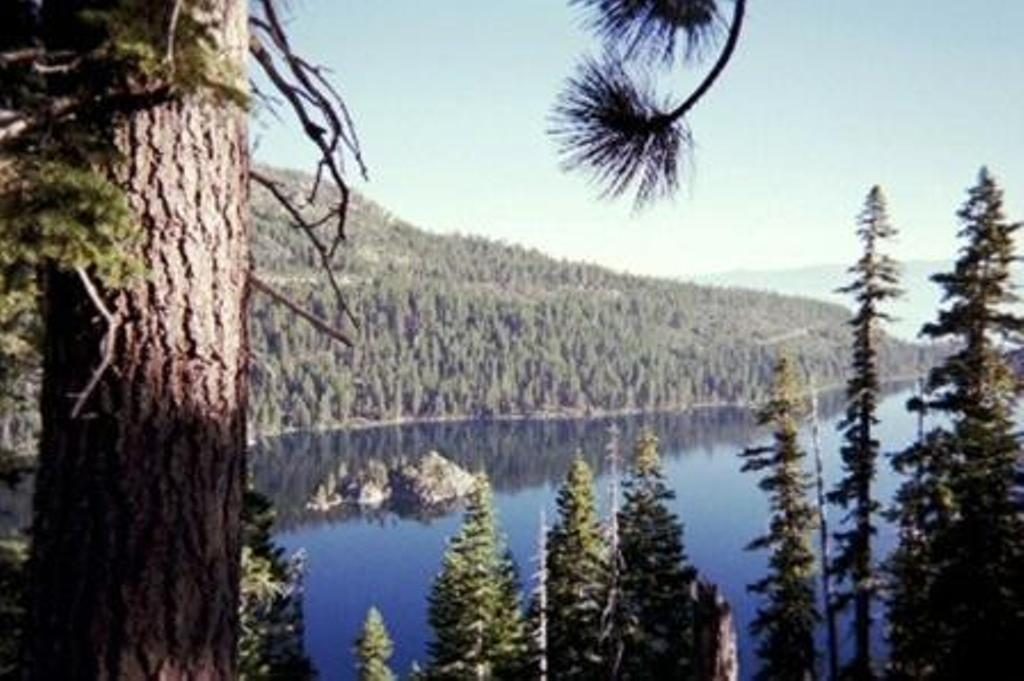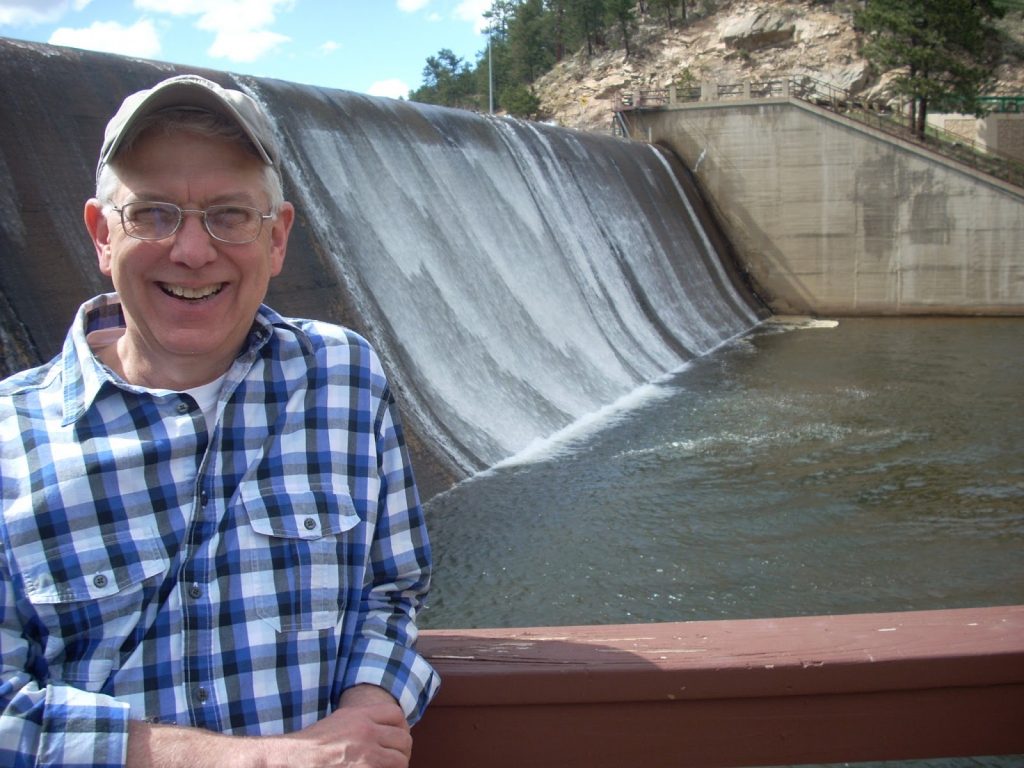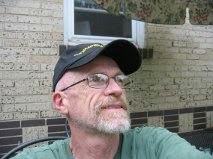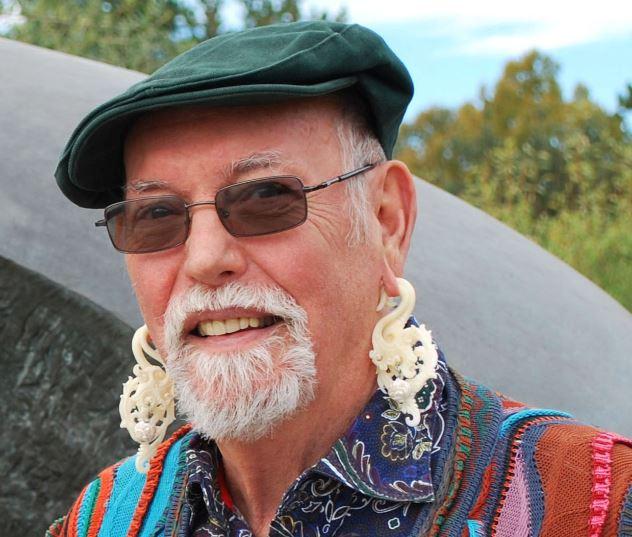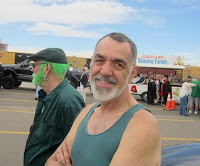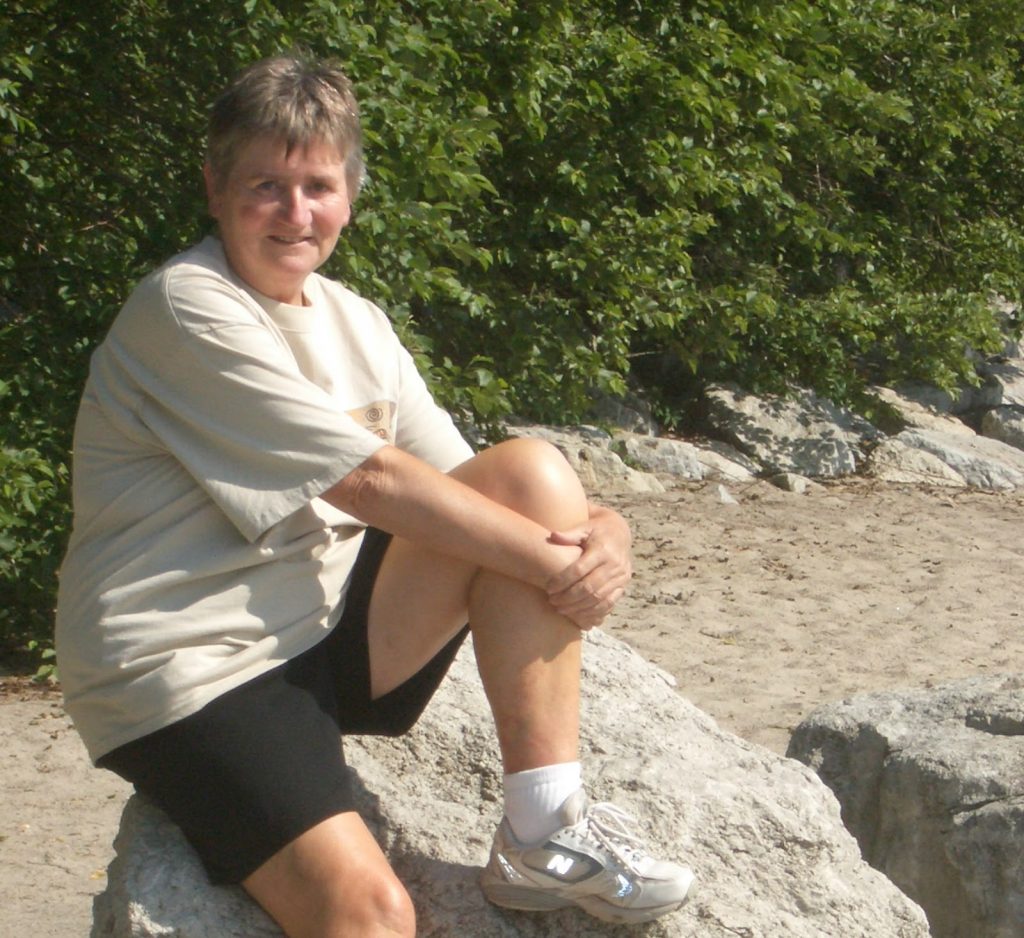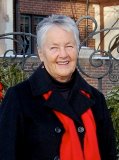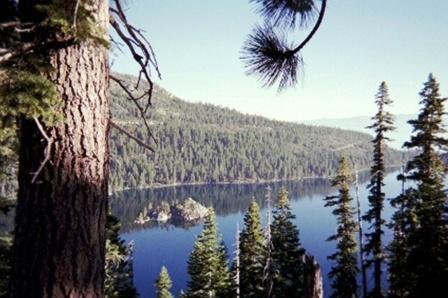The eerie thing is that I’m fairly certain that someone besides me in our group will write about or comment on the Erie Canal or Erie, Pennsylvania so I’m not going to do that even though my first thought was to muddy-the-waters doing so. No, today I’m going to try and stick to the topic.
For me, “eerie” has several synonyms that come to mind and trigger memories; and are in more common usage. Weird, spooky, creepy, scary, and the phrases gives-me-the-chills or gives-me-the-willies or it-gave-me-goosebumps are some of these.
When I was just a young Tenderfoot scout, the sounds of the forest at night, when all of us boys were still and quiet, were spooky and scary. The ghost stories told during the evening campfire didn’t help calm my mind for sleeping. The quiet hooting of owls; the creaking of the trees; the rustling of leaves and pine needles as the light breeze disturbed their rest; the chirping of crickets and croaking of frogs when suddenly stopped; and the howling of coyotes all combined to make the unfamiliar sounds of the nighttime forest a bit spooky and scary. No way was I going to leave my tent for a 3AM trip to the nearest tree urinal under those conditions. Somehow I just knew the crickets and frogs went silent due to some larger than me predator of the forest being nearby.
Then there were the times when I was alone in the daytime forest armed with a .22 rifle hunting squirrels or birds and the woods would go silent. But I knew I was the large predator so I was only frustrated until I learned to stop moving and sit still until the noises came back. The spooky and occasionally scary times were when in the daylight I was unarmed and the forest went silent. I would again sit still until sound returned but was unnerved for awhile because I was sure the forest creatures could tell I was no threat being unarmed so I did not know why they went silent. I imagined mountain lions, tigers, and bears (Oh my!) to be nearby. I finally became educated enough to remember that tigers were only in zoos or India so that left me with imaginary mountain lions and bears to worry about. Once I learned that lions and bears were relatively rare in the Tahoe Basin, I stopped worrying so much about them. After arriving in Colorado and reading about the people killed by mountain lions near Boulder and elsewhere, and the bears along the Bear Creek Greenbelt, those fears have resurfaced somewhat. And, now even within the city limits of South Lake Tahoe, bears regularly raid the residential garbage cans as the city refuses to keep bears out of the city.
Perhaps the eeriest experience I ever had was between me and my fiance. At the time, I was living in Marana, Arizona and she was living in Salt Lake City. I was watching a TV talk show where an author was “plugging” his newest book titled, Open Marriage. I thought it might be interesting to read and discuss its concepts before we married so, I wrote her a letter and mailed it that day. The next day in the mail, I received a package from her. When I opened it, the package contained the book Open Marriage. She had sent me the book before I had even heard of it and before she had received my letter.
Ever since that day, until the day she passed away, we were constantly being connected by some type of a psychic “link” at unexpected times; for example, one of us would call the other just as the recipient was reaching for the phone to initiate the call or writing and receiving letters that crossed-in-the-mail answering questions that the other person had asked in the letter we had not read yet. (Now that is eerie.)
The most wonderful and life effecting eerie experience I had was when I was reading the Book of Mormon, and asked in my mind, “Could this possibly be true?” Instantly I had the most intense “spiritual” experience of my 20-year old life as I was filled with pure love and the warm feelings of being loved completely and also filled with the knowledge that the book was true.
Sometimes weird, eerie, and spooky things are not scary, but uplifting.
About the Author
When united with my mother and stepfather two years later in 1958, I lived first at Emerald Bay and then at South Lake Tahoe, California, graduating from South Tahoe High School in 1966. After three tours of duty with the Air Force, I moved to Denver, Colorado where I lived with my wife and four children until her passing away from complications of breast cancer four days after the 9-11 terrorist attack.
I came out as a gay man in the summer of 2010. I find writing these memories to be therapeutic.
My story blog is, TheTahoeBoy.Blogspot.com.
